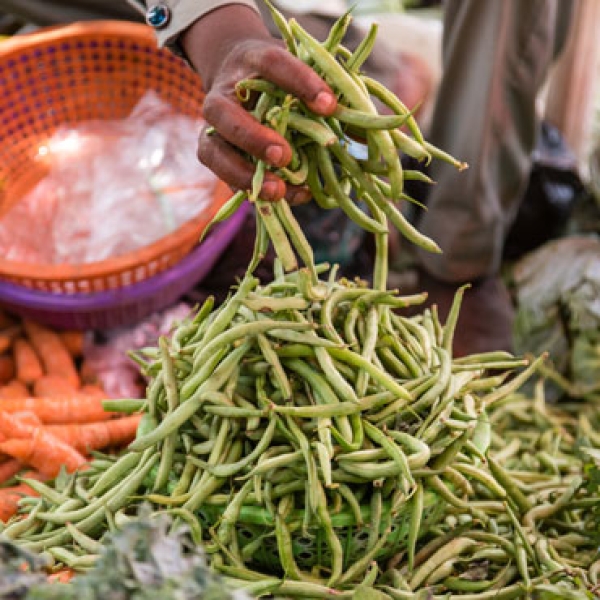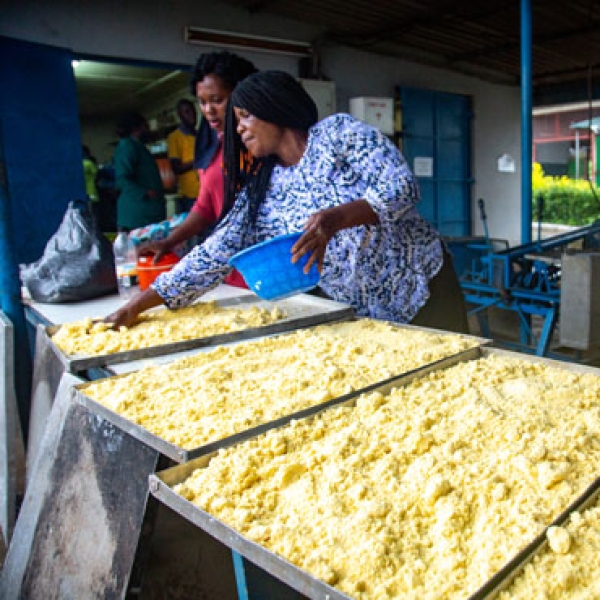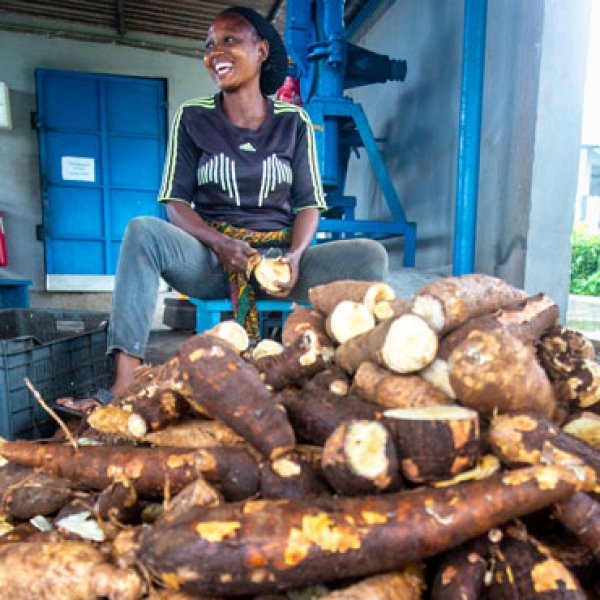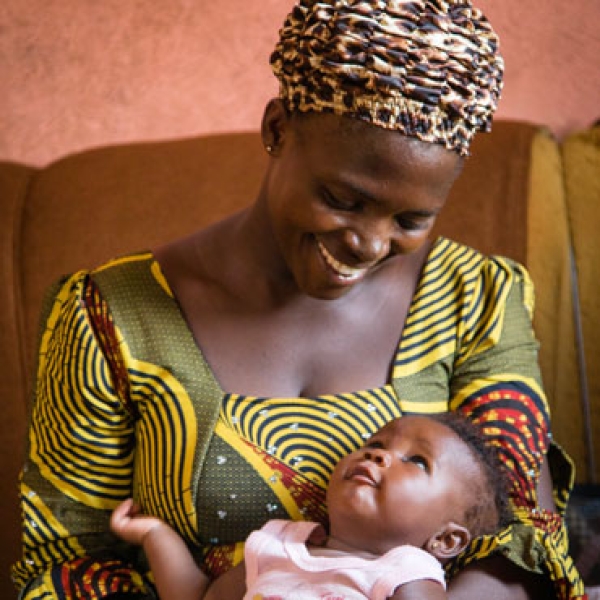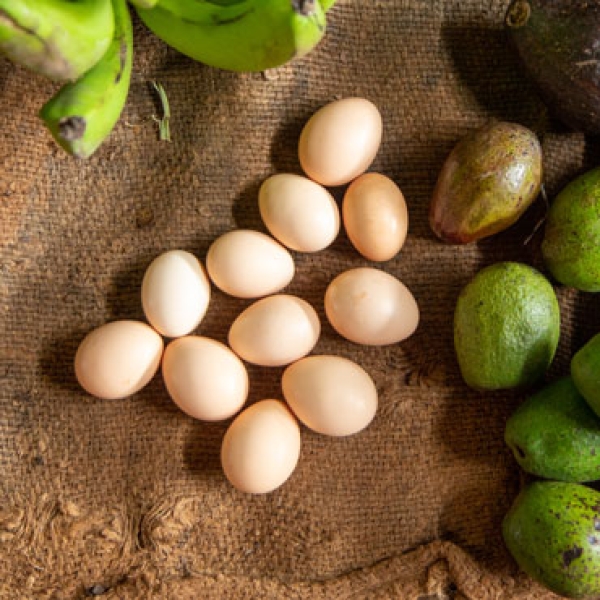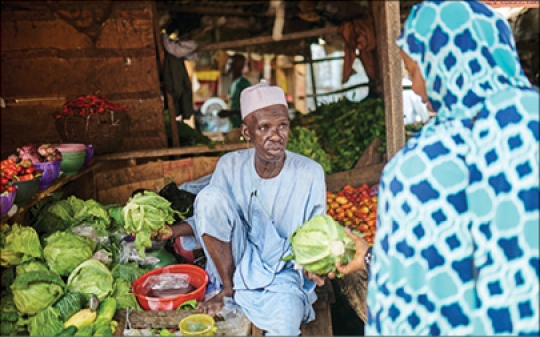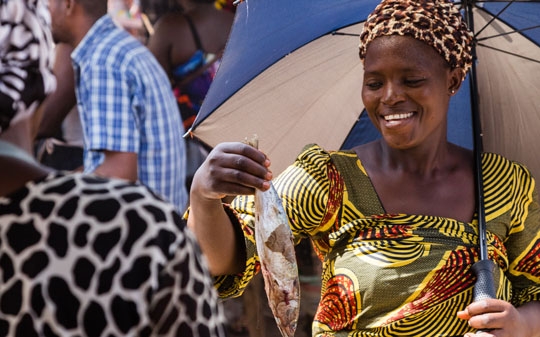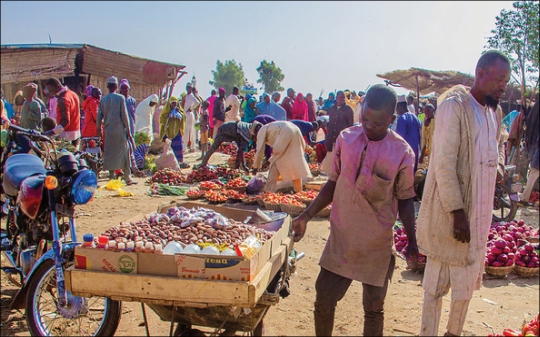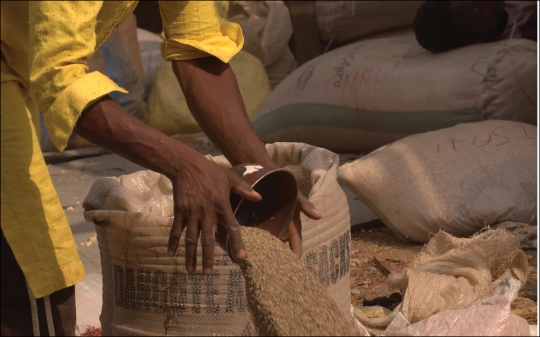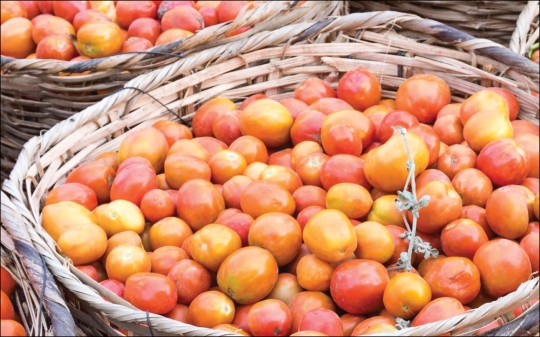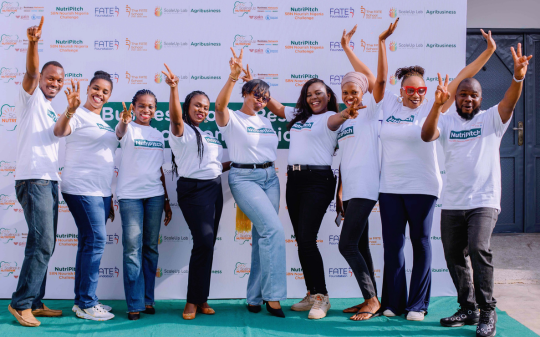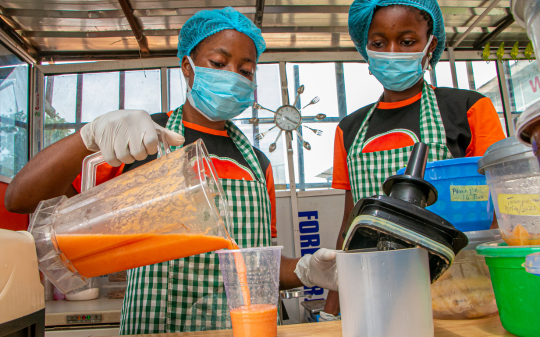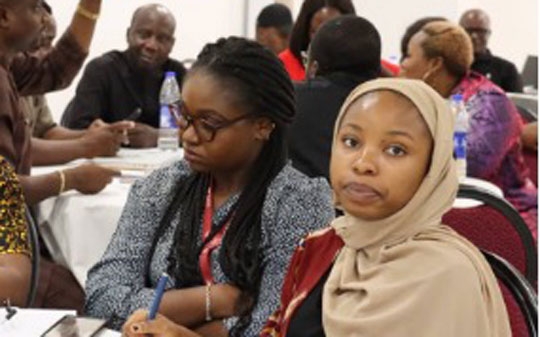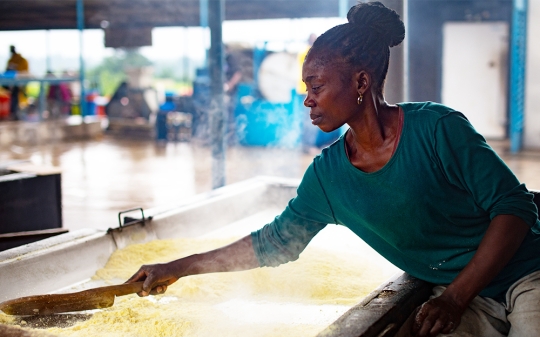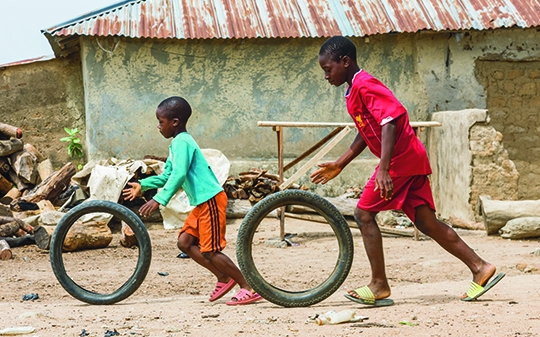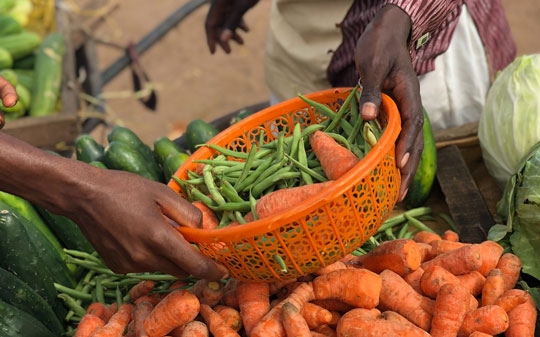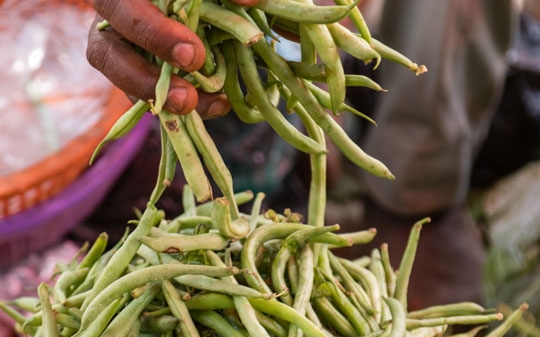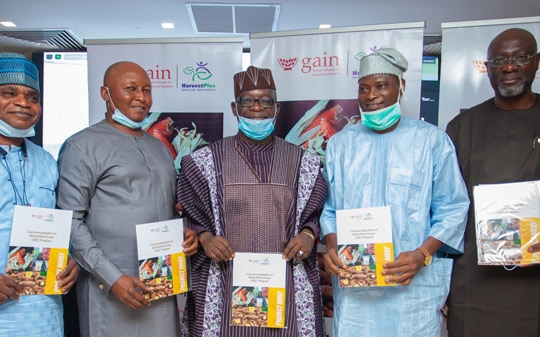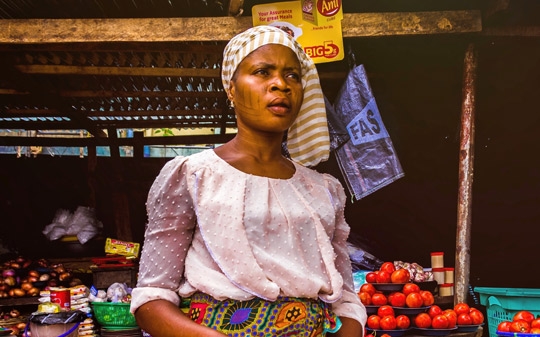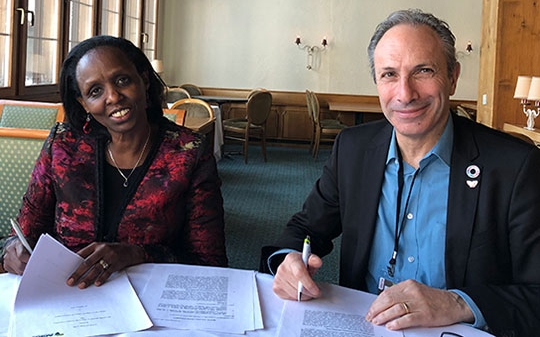With a population of about 198 million people, Nigeria is the most populous country on the African continent. The population is growing at an annual rate of 2.6%, while the urban growth rate is 4.3%: today 1 of every 2 Nigerians live in an urban area. Nigeria faces several socio-economic problems – poverty, hunger, unemployment, and the burden of disease – all of which have taken a significant toll on national productivity.
Malnutrition trends over recent years show a worrying lack of progress. Malnutrition statistics indicate severe nutritional gaps occurring during the crucial first 1000-day window of a child’s life and continuing through to early childhood. In parallel with widespread undernutrition, overweight, and obesity are on the rise, especially among adults in urban areas. Consumption of nutritious animal-source foods such as fish has remained static, consumption of vegetables and pulses has declined by 7%, and consumption of sugar-sweetened beverages has increased by 39%. In Nigeria, 5 of the top 10 risk factors that drive disability and death are related to diets. All these gaps in diet quality stemming from insufficient dietary intake, micronutrient deficiencies, and overconsumption point to critical flaws within the national food system.

With a population of about 198 million people, Nigeria is the most populous country on the African continent. The population is growing at an annual rate of 2.6%, while the urban growth rate is 4.3%: today 1 of every 2 Nigerians live in an urban area. © GAIN
Malnutrition represents a serious issue in Nigeria. The statistics for children under five show that 19.9% of children are underweight, 32.0% are stunted, and only 58.2% of children are appropriately breastfed.
GAIN’s contribution
The Global Alliance for Improved Nutrition (GAIN) is a Swiss-based foundation launched at the United Nations in 2002 to tackle the human suffering caused by malnutrition. Due to COVID-19, conflict in Ukraine, and climate change, malnutrition and hunger have worsened significantly since 2019, reversing a decade of progress. There is growing recognition that our food systems need to change if we are to reverse these trends. Nigeria is one of the countries impacted by malnutrition.
GAIN’s Strategy aims to transform food systems to make healthier diets from sustainable food systems accessible to all people and especially those who are most vulnerable to shocks. By 2027, we aim to improve the access of 1.5 billion people to nutritionally enhanced staple foods, improve the access of 25 million people to healthier diets, and support positive food system change in 10 countries. This is bold and complex, and the only way to achieve this is to work together with partners including governments, businesses, and civil society at the country and global level.
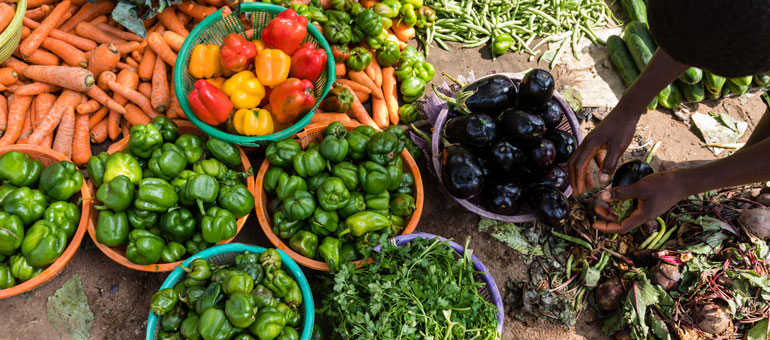
GAIN’s Strategy aims to transform food systems to make healthier diets from sustainable food systems accessible to all people and especially those who are most vulnerable to shocks. © GAIN
These goals, and the ways of achieving them, build on our twenty-year legacy of transforming people’s lives with improved nutrition through concerted action and effective policy change.
To achieve these objectives, GAIN works in alliances to provide technical, financial, and policy support to the key participants in food systems;
governments, the private sector (including farmers), and consumers to make these systems more nutrition-sensitive.
GAIN has been working in Nigeria since 2012, beginning with Large-Scale Food Fortification, and has since grown to implement more projects
in the country. GAIN’s work in Nigeria is focused on eight areas.





